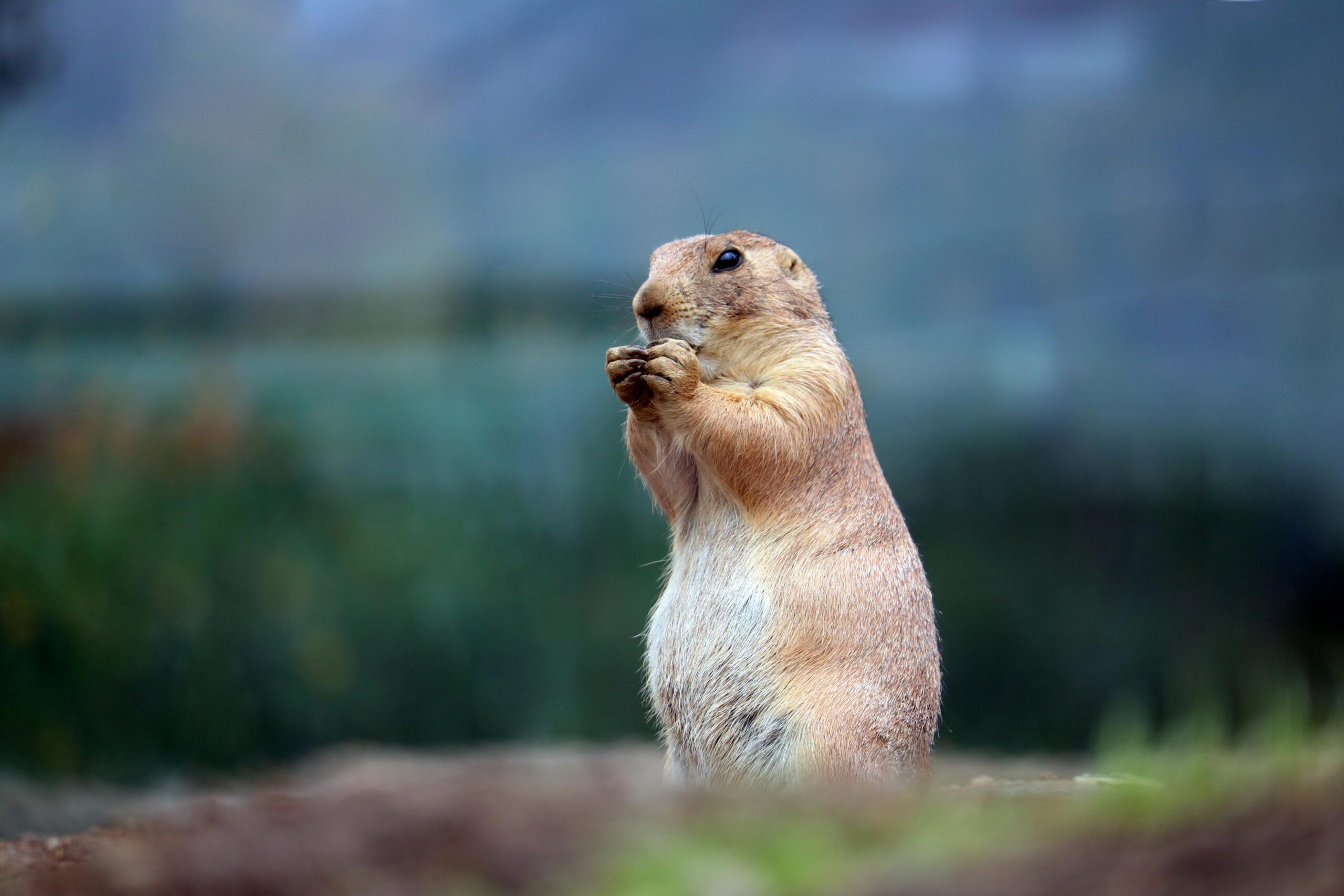Should you keep a Prairie dog as a pet?
Big Joe posed this question after viewing videos of these stunning creatures on a video-sharing platform.
He further asked, Who would have thought an animal named “dog” is not a member of the canine world but a rodent?
Well, the term “dog” in “Prairie dog” results from close vocalisation such as barking and other social behaviours such as grooming, colony living, etc. they share in common.
They communicate with one another by barking and also by chirps, which are similar to dogs, hence the name Prairie Dog.
Can you own a Prairie Dog as a pet?
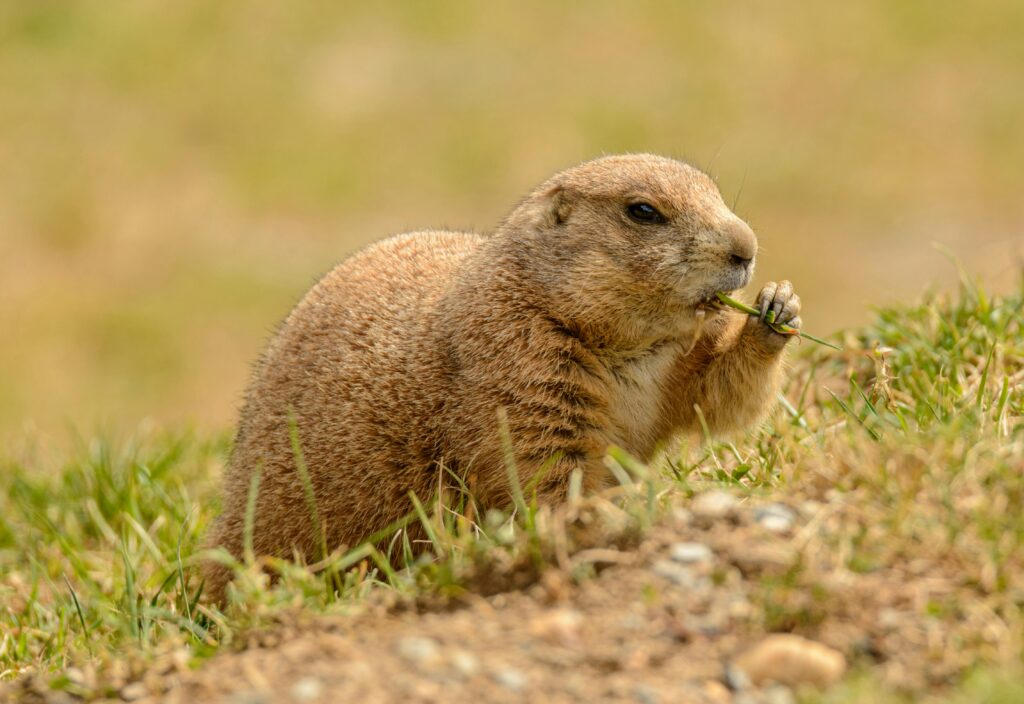
Prairie dogs are unique small creatures that can be easily classified as exotic pets.
They share some close similarities with capuchin monkeys. Click here to learn more about capuchin monkeys.
Prairie dogs are intelligent, trainable, active, and captivating to watch, especially when they are chewing their food.
They are capable of forming strong bonds with their owners, which makes them suitable as pets.
However, before deciding to own a prairie dog as a pet, it is important to consider the following before making a life-long commitment:
Legal considerations:
Unlike conventional pets such as cats, dogs, and parrots, owning a prairie dog is not a walk in the park.
There are laws, rules, regulations, and policies that regulate their ownership.
They are allowed in some countries and certain states in the United States, with permits or licences such as
- Arizona
- Colorado
- Idaho
- Illinois
- Indiana
- Kansas
- Michigan
- Minnesota
- Montana
- Nebraska
- Nevada
- New Mexico
- North Dakota
- Oklahoma
- Oregon
- Pennsylvania
- South Dakota
- Wyoming
- Texas
- Utah
It is important to know laws can change at any time and permits can be subject to meeting certain requirements and specifications.
Always consult with local wildlife agencies and the Association of Exotic Mammal Veterinarians, etc.
Ethical Considerations:
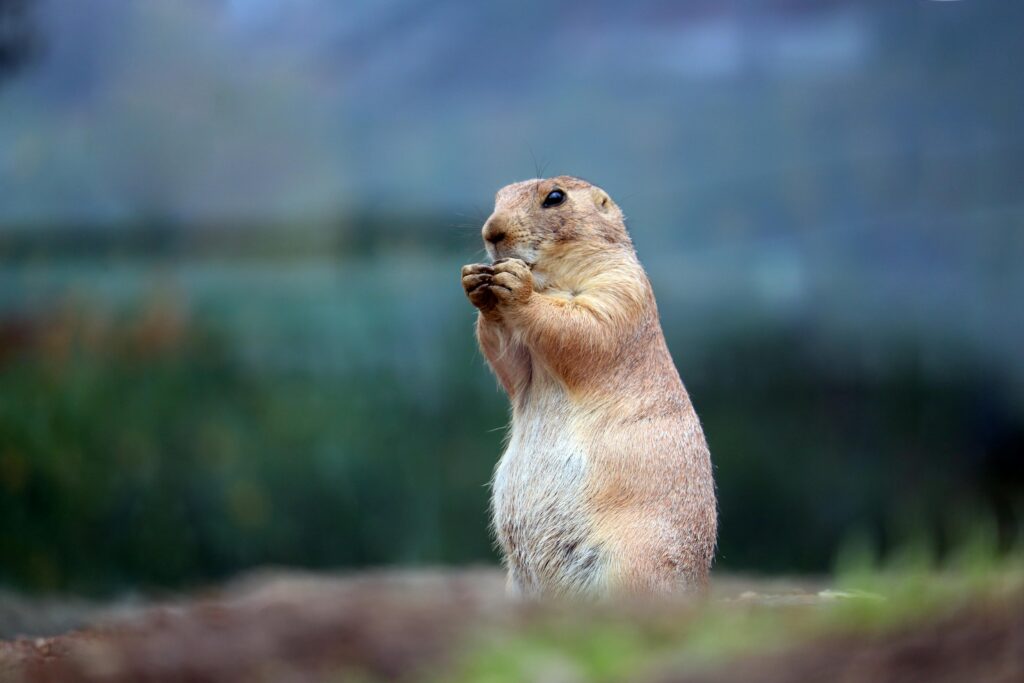
While it might be legal in some countries and states in the United States of America to own a prairie dog, it might not be ethical.
Prairie dogs are social animals that live in colonies; owning one not only disturbs their usual way of life but can also lead to loneliness, stress, and anxiety.
This can lead to behavioural issues.
Also, the way and manner in which they are purchased can enable the illegal trade of wildlife species if they are bought from poachers.
The majority of Prairie dogs sold are not bred in captivity but captured from the wild.
Prairie dog indoor behaviour and temperament:
Praire dogs just like humans are diurnal.
They are active during the day and rest at night.
They are also social creatures that would not behave properly in the absence of their mates except their human carers are ready to dedicate half of their day at least.
Their need for social activities can lead to anxiety, stress, loneliness, sickness, and depression when they are not having enough.
Therefore, it is always important to know if you can fill this hoover before purchasing one.
Their sex does not alter or influence their behaviours when they are spayed or neutered.
Housing Considerations for Prairie Dogs:
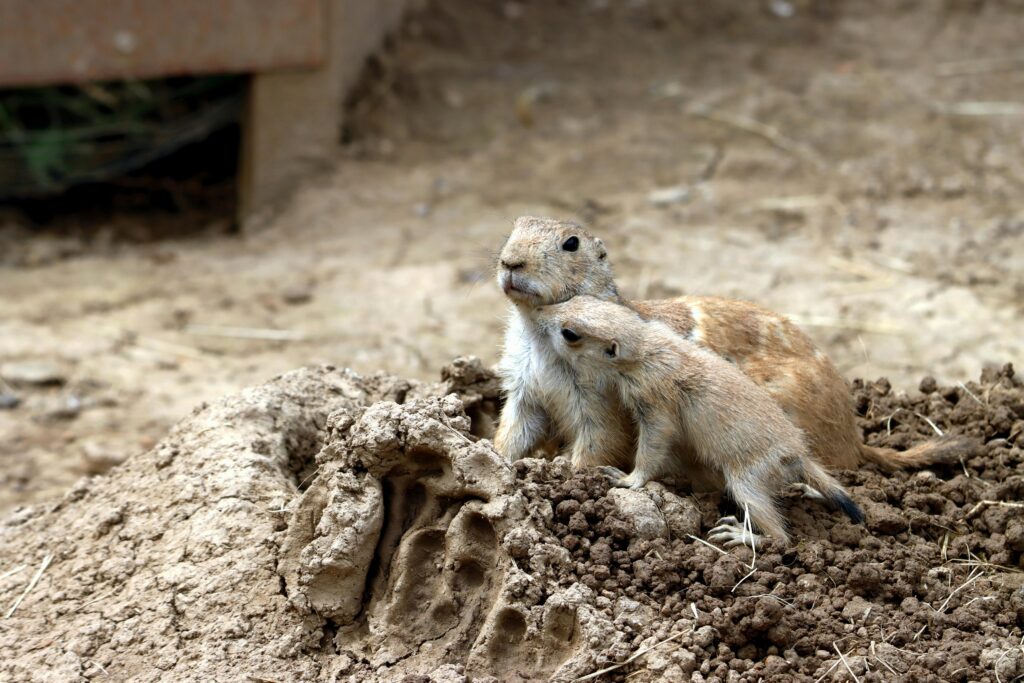
Most people make the mistake of housing prairie dogs as they will with dogs and cats.
They construct a big empty cage and keep a prairie dog there.
This has resulted in not just anxiety, loneliness, and stress but also depression as a result of a distortion from their natural environment.
Prairie dogs are borrowers that love to burrow to hide from predators, obtain food, and regulate their temperature.
Any housing structure should be able to mimic their natural habitat for good quality living.
Pros and Cons of Owning a Prairie Dog as a Pet:
Prairie dogs, like other animals that can pass as pets, have some cons, namely:
Cons
- They have a unique way of vocalising which resembles that of a dog. Their vocalisation is a beauty to watch.
- They are affectionate animals that are capable of forming unique bonds with their human carers
- They are intelligent smart and adorable
Pros
- They have a long lifespan
- They are social animals that require great attention
- Burrowing needs
- They require specialised care ( healthcare, food, housing )
- Behavioural issues when lonely
- Risk of disease transmission ( Plague, tularemia )
- Prone to health issues
- Legal restrictions.
What do Prairie Dogs Eat?
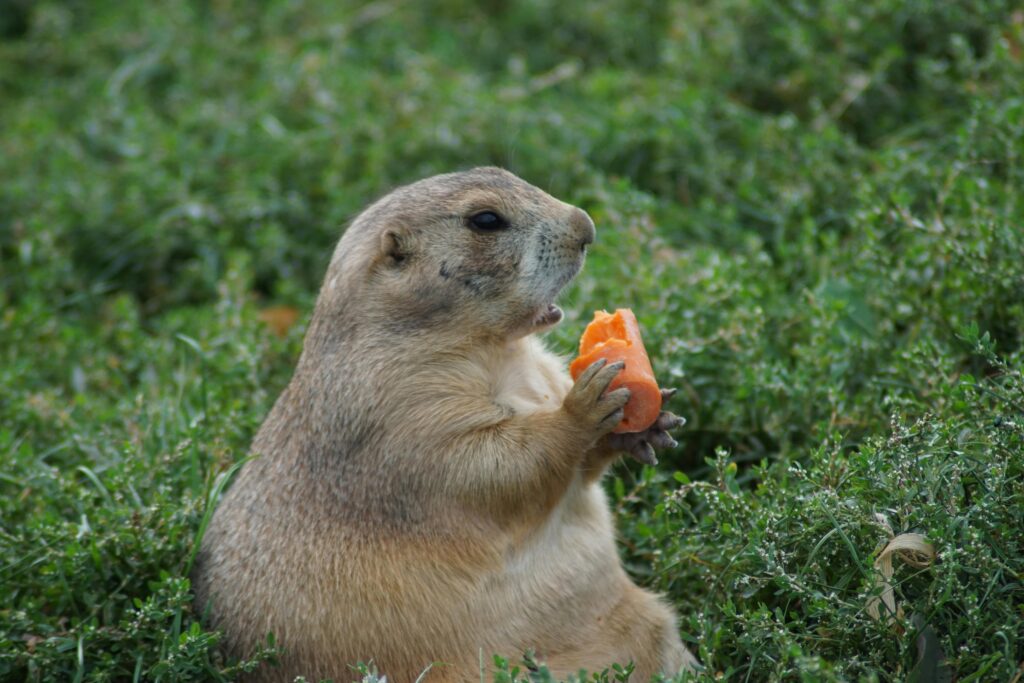
Prairie are primarily herbivores.
They feed on grasses, leafy greens, vegetables, fruits, and wildflowers in the wild.
When domesticated as pets, they feed on timothy hay, alfalfa hay, fresh veggies (carrots, sweet potatoes, squash, and bell peppers), and fresh fruits such as berries (strawberries, blueberries, and raspberries), bananas, melons, and apples.
These meals contain a balanced diet needed for optimum growth and well-being.
Avoid sugary foods, processed foods, high-fat foods, dairy products, and foods high in salt.
Consult a veterinarian or experienced breeder for dietary advice that is tailored to their specific needs.

